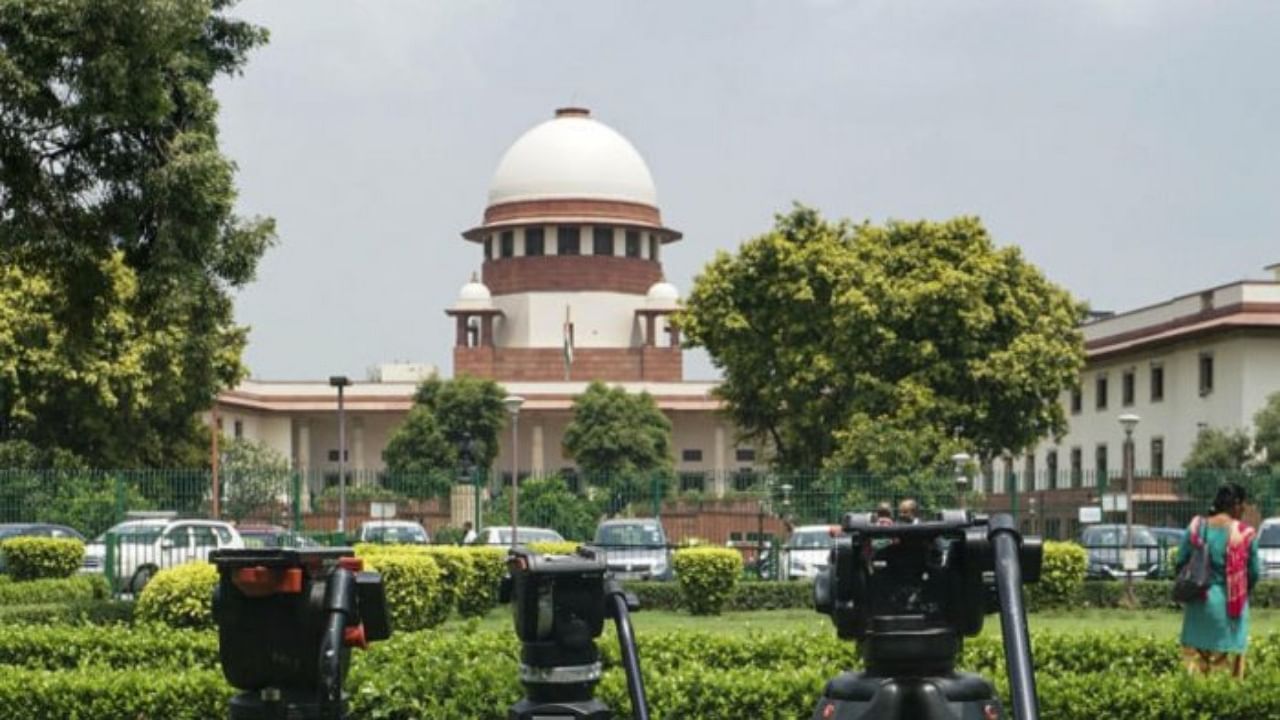
In a significant decision, the Supreme Court on Thursday ruled that it is not necessary to have direct evidence to convict a public servant in a bribery case, as such a demand and acceptance can be proven through circumstantial evidence.
A five-judge bench led by Justice S Abdul Nazeer and also comprising Justices A S Bopanna, B R Gavai, V Ramasubramanian and B V Nagarathna, declared that it is permissible to draw inferential deduction of culpability or guilt of the accused public servant under Sections 7, 13(1)(d) and Section 13(2) of the Prevention of Corruption Act.
The top court also stressed that complainants as well as the prosecution should make sincere efforts to ensure corrupt public servants are brought to book and convicted so that the administration and governance become unpolluted and free from corruption.
The judgement said, "In order to bring home the guilt of the accused, the prosecution has to first prove the demand of illegal gratification and the subsequent acceptance as a matter of fact. This fact can be either proved by direct evidence, in nature of oral evidence/documentary evidence. Further, the proof of demand and acceptance of illegal gratification, can also be proved by circumstantial evidence, in the absence of direct, oral or documentary evidence."
The bench also said that if the complainant turns hostile or has died or was unable to provide evidence, the demand of illegal gratification can be proved by the evidence of any other witness either orally or documentary evidence or by circumstantial evidence.
The court held that proof of demand and acceptance of bribe is a sine qua non to establish the guilt of the public servant under Section 7 and 13(1)(d)(i) and (ii) of the Act.
The judgement came on a 2019 reference by a three-judge bench, which expressed reservations with a previous line of judgement of the top court that stated failure to prove the demand of illegal gratification due to death of complainant would be fatal to the prosecution case and recovery of the bribe amount from the accused would not entail his conviction.
